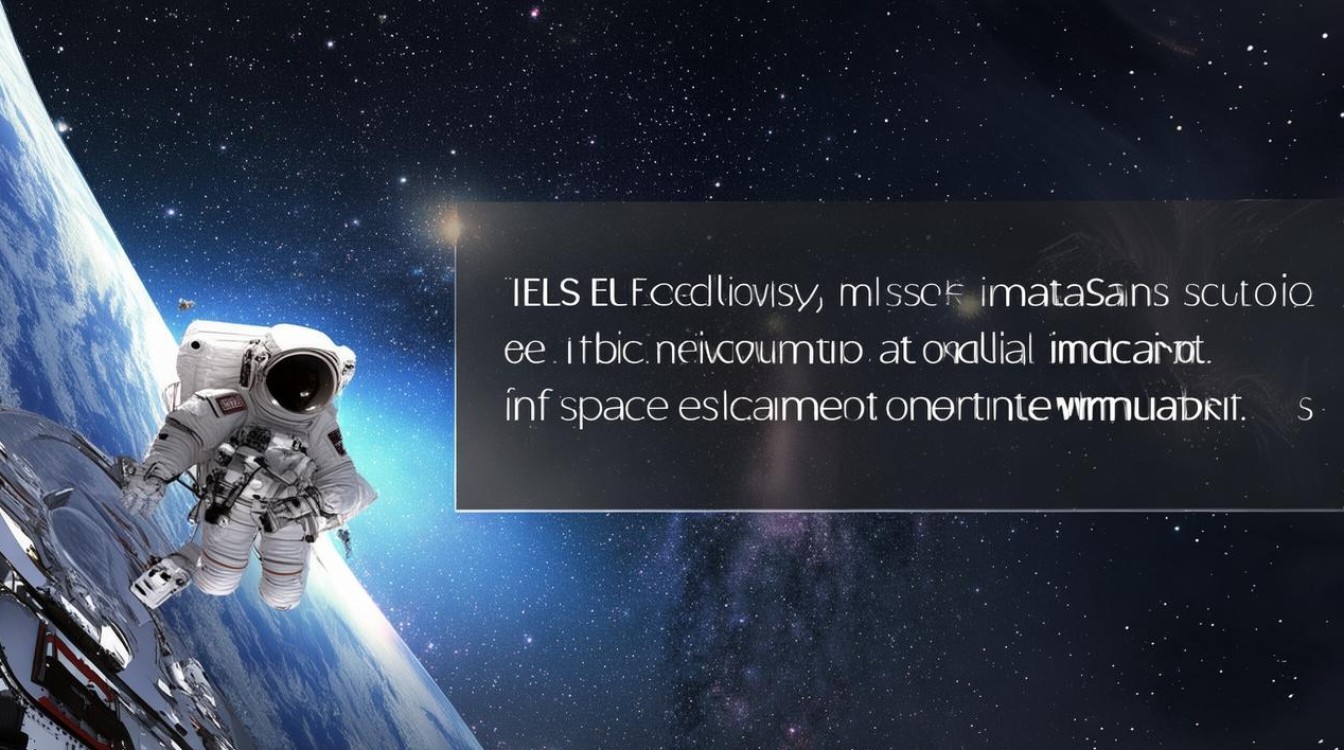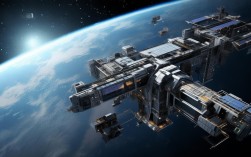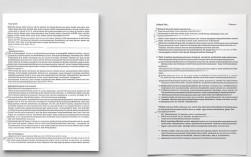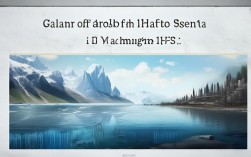The Art of Crafting High-Scoring IELTS Essays on Space Exploration

The IELTS Writing Task 2 often features topics related to science and technology, with space exploration being a recurring theme. Mastering this subject requires not only a strong command of English but also the ability to present coherent arguments, precise vocabulary, and logical structure. Here’s how to elevate your essay to meet IELTS band 7+ standards.
Understanding the Topic
Space exploration essays typically revolve around questions like:
- "Should governments fund space programs, or is it a waste of resources?"
- "Does space exploration benefit humanity, or should we focus on Earth’s problems?"
To address these effectively, break the topic into key angles:
- Scientific Advancement: Discoveries in astronomy, medicine, or engineering.
- Economic Costs vs. Benefits: High budgets versus potential long-term gains.
- Global Collaboration: International projects like the ISS fostering unity.
- Ethical Concerns: Prioritizing poverty or climate change over Mars missions.
Building a Strong Argument
A high-scoring IELTS essay demands clear立场 (position) and well-developed ideas. Avoid sitting on the fence. For example:
Position: "Space exploration justifies its costs through technological spin-offs and long-term survival."
Supporting Points:
- Technological Innovations: Satellite tech improves communication (GPS, weather forecasting).
- Resource Discovery: Asteroids may hold rare minerals for future energy solutions.
- Human Survival: Colonizing other planets could mitigate overpopulation risks.
Counterarguments should be acknowledged but refuted:
- "Critics argue that funds should solve poverty, yet space research indirectly aids agriculture and healthcare."
Vocabulary for Precision
Avoid generic terms. Instead of "good for society," use:
- Catalyst for innovation
- Sustainable investment
- Interplanetary collaboration
Advanced Terminology:
- Terraforming (modifying planets to support life)
- Cosmic radiation (challenges for astronauts)
- Philanthropic allocation (funding debate)
Cohesion and Coherence
Use linking phrases to guide the reader:
- Adding ideas: Furthermore, Moreover, Notably
- Contrast: Nevertheless, Conversely
- Examples: For instance, The Rosetta Mission exemplifies...
Paragraph Structure:
- Topic Sentence: State the main idea.
- "Space programs yield tangible benefits for medical science."
- Explanation/Example:
- "NASA’s research on microgravity has advanced osteoporosis treatments."
- Link to Thesis:
- "Thus, such breakthroughs validate continued investment."
Grammar for Impact
Mix complex and simple sentences for fluency:
- Conditional: "Were funding reduced, decades of research could stall."
- Passive Voice: "The Mars rover was designed to analyze soil samples."
- Relative Clauses: "Projects like the James Webb Telescope, which maps distant galaxies, redefine cosmic understanding."
Common Pitfalls to Avoid
- Overgeneralization: "Everyone agrees space is important." → "Many scientists contend that space exploration is pivotal."
- Informal Tone: No contractions (can’t → cannot), avoid slang.
- Repetition: Use synonyms like "endeavor" instead of "mission" repeatedly.
Practice Prompts
Sharpen skills with these questions:
- "To what extent does space exploration benefit everyday life?"
- "Some view space tourism as irresponsible. Discuss both views."
Sample Thesis for Prompt 1:
"While space exploration demands significant resources, its applications in telecommunications, medicine, and environmental monitoring render it indispensable."
Final Tips
- Read Widely: Follow Nature or BBC Future for space-related articles.
- Timed Practice: Simulate exam conditions to improve speed.
- Peer Review: Exchange essays to identify blind spots.
The key to excelling in IELTS space essays lies in marrying factual accuracy with persuasive writing. By mastering nuanced arguments, precise language, and airtight structure, you’ll turn cosmic concepts into compelling prose.
Space exploration isn’t just about the stars—it’s about showcasing your ability to articulate complex ideas with clarity and flair. Now, launch your next essay with the precision of a rocket and the impact of a supernova.










